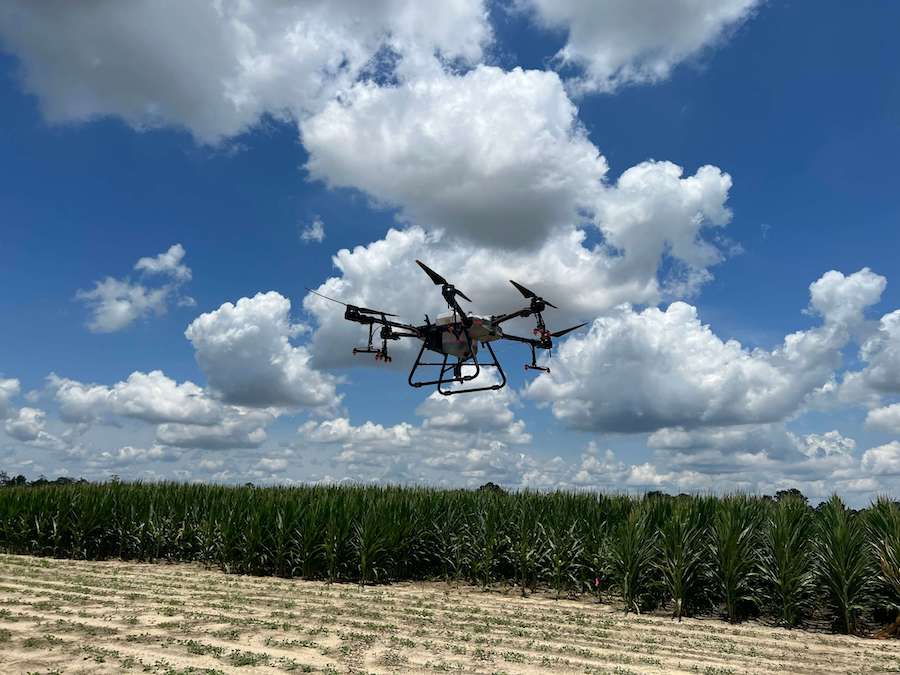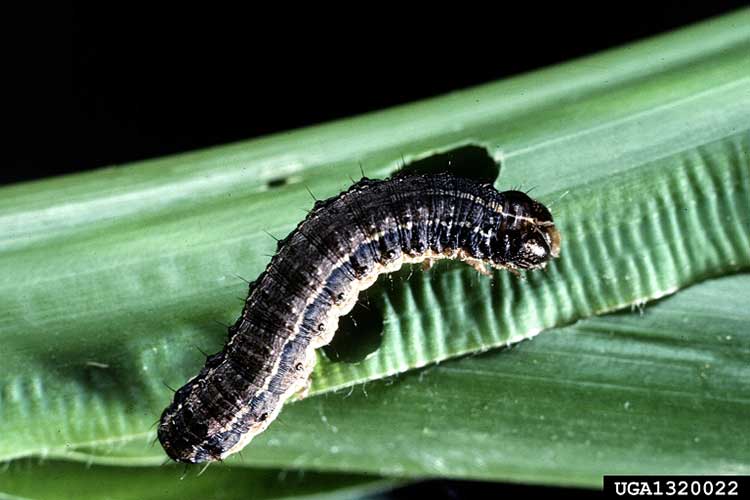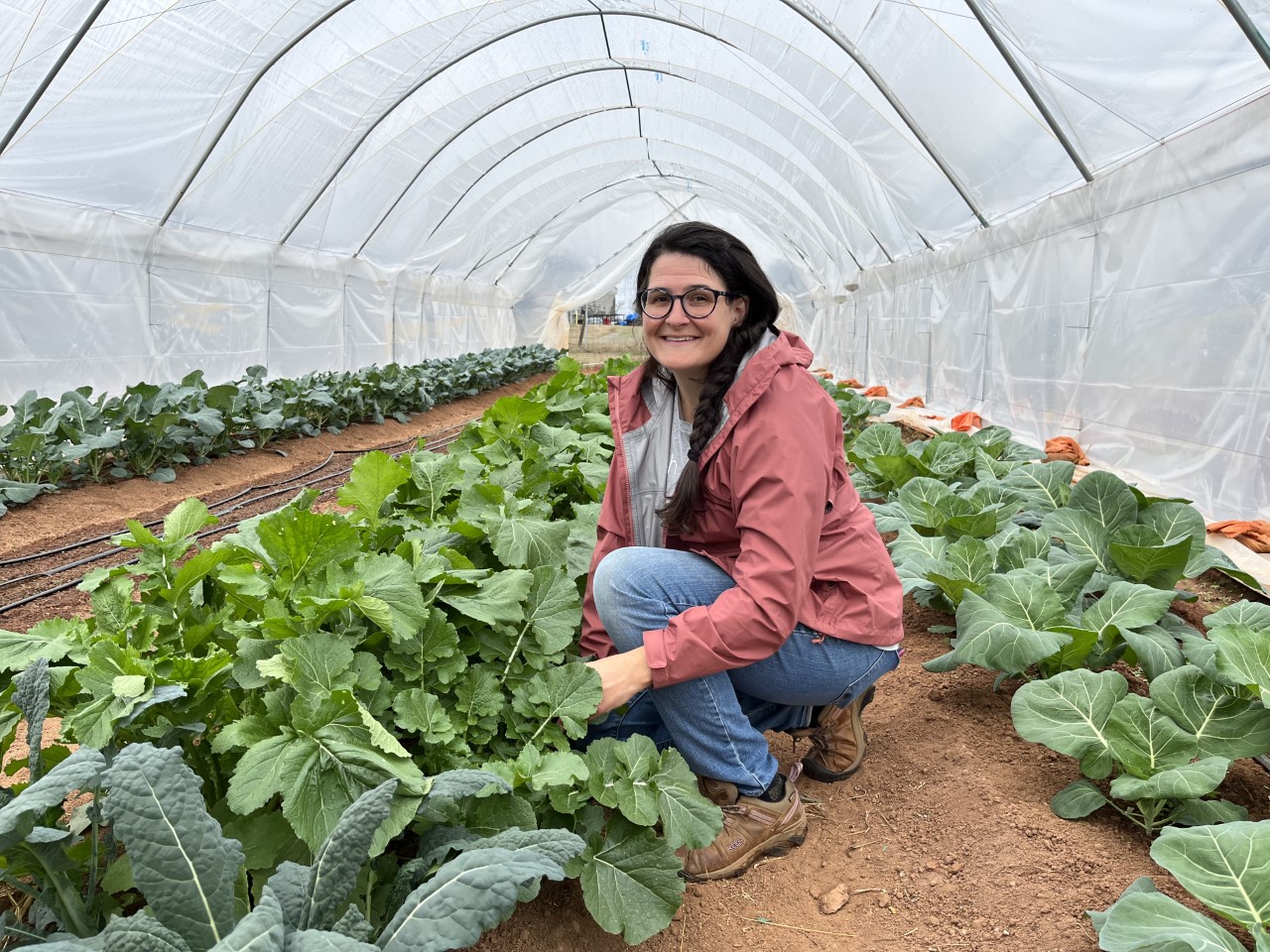 CAES News
CAES News
Organic Transition
As demand for organic food continues to rise, organic agriculture has attracted both longtime producers and new farmers into the industry. University of Georgia researchers are working on a new study meant to develop best practices for transitioning farmers starting out with land that has been used for grazing or has lain fallow.

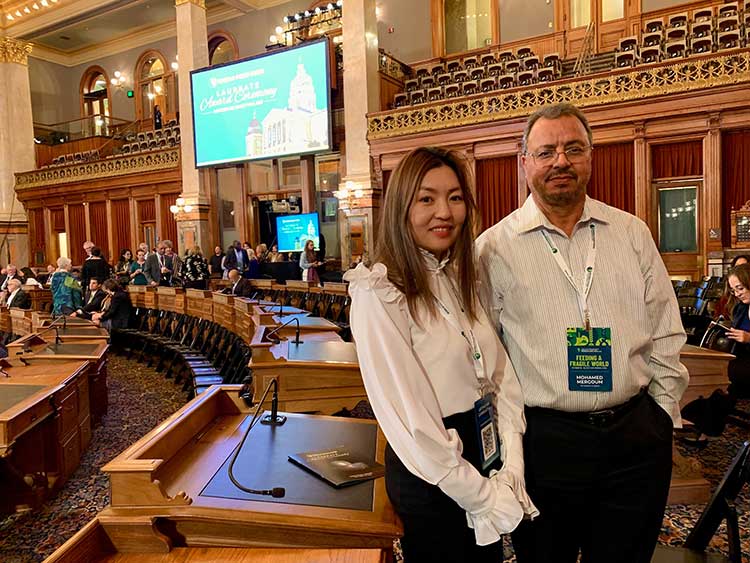
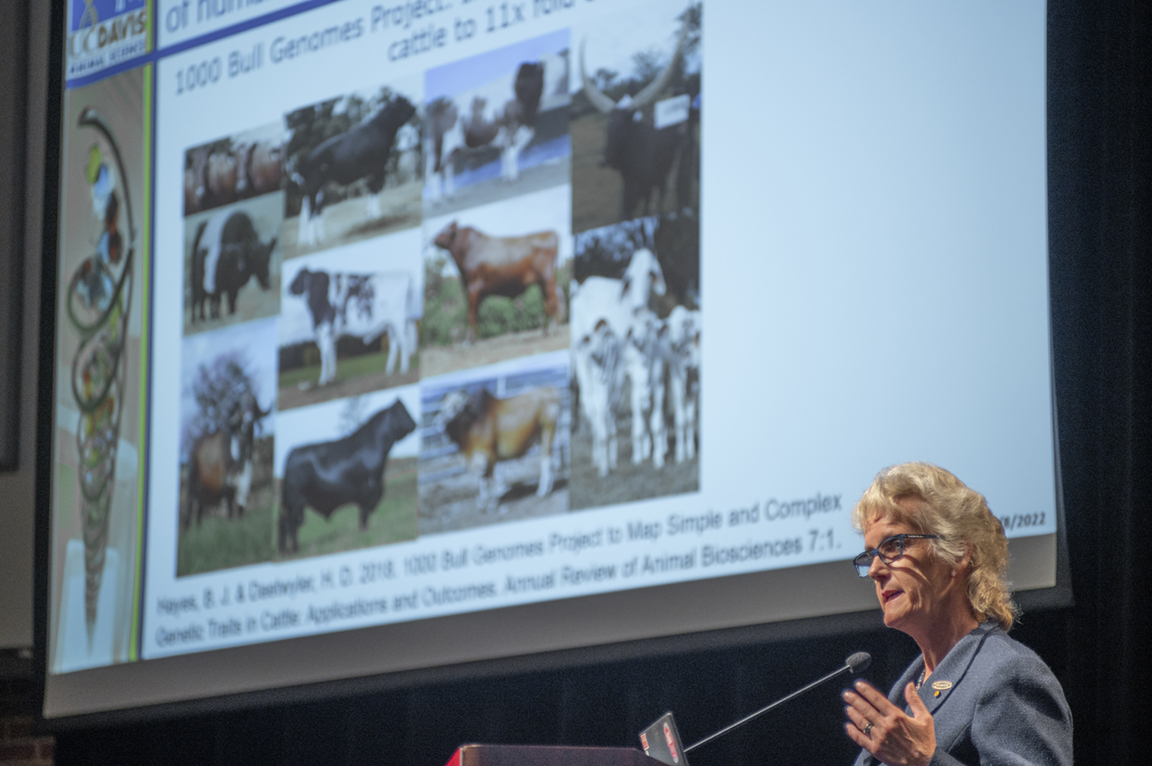
.png)
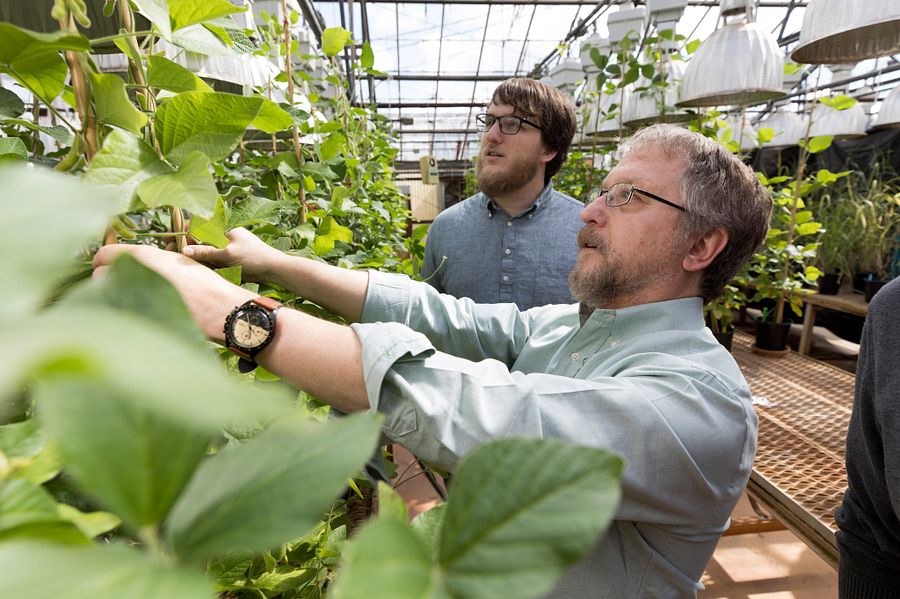
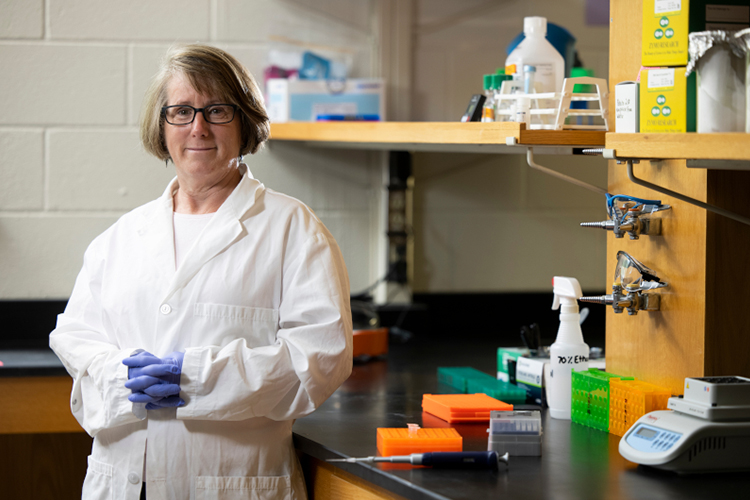
.jpg)
